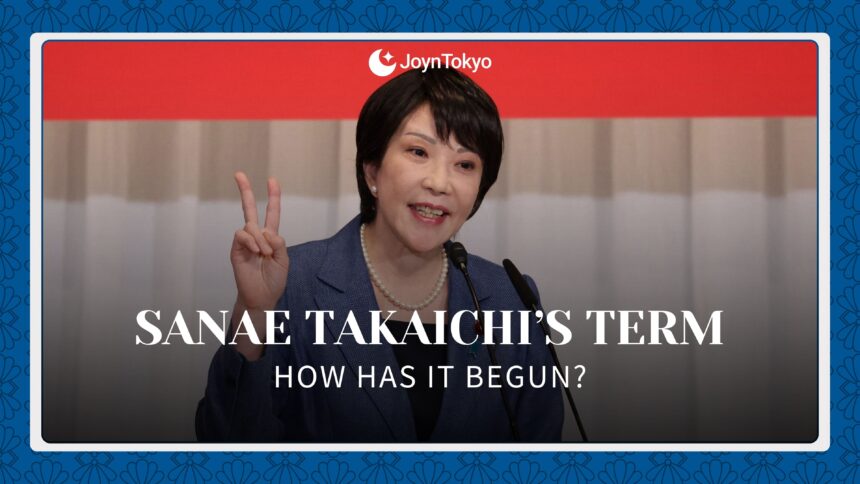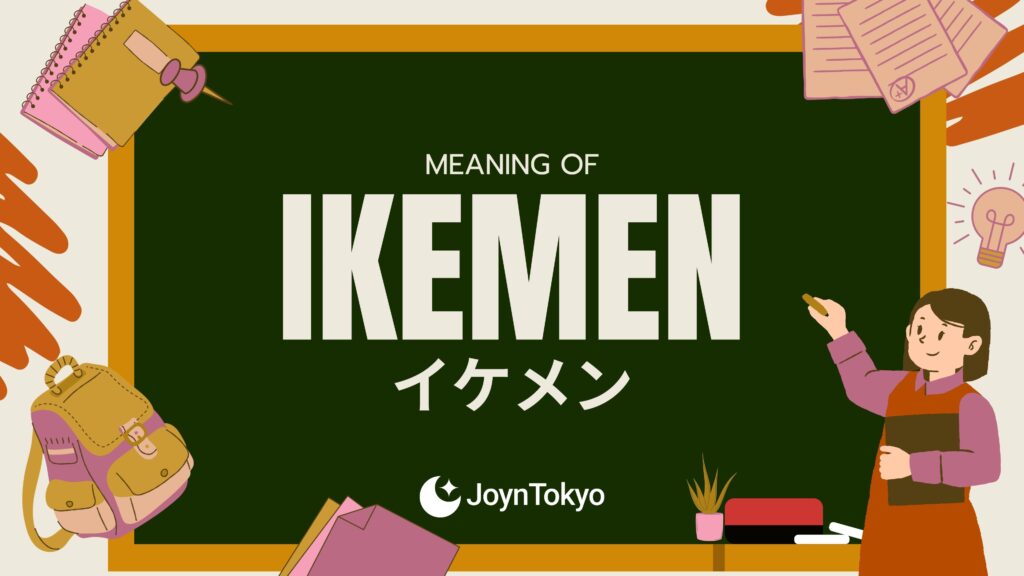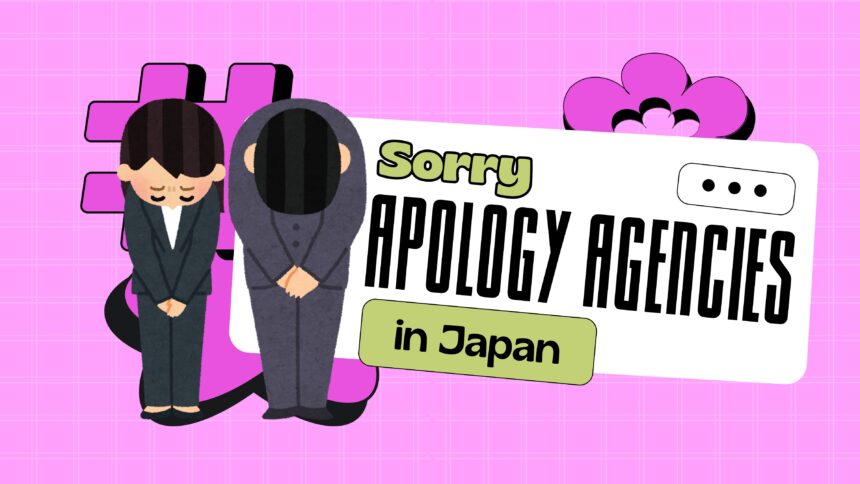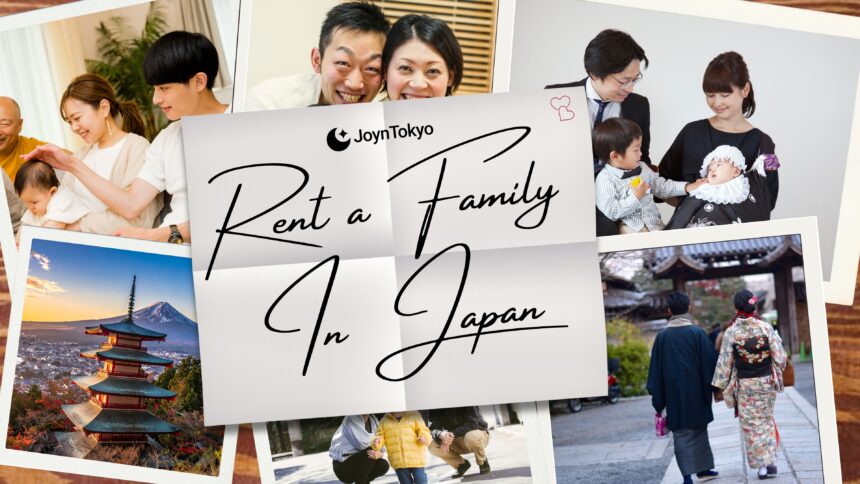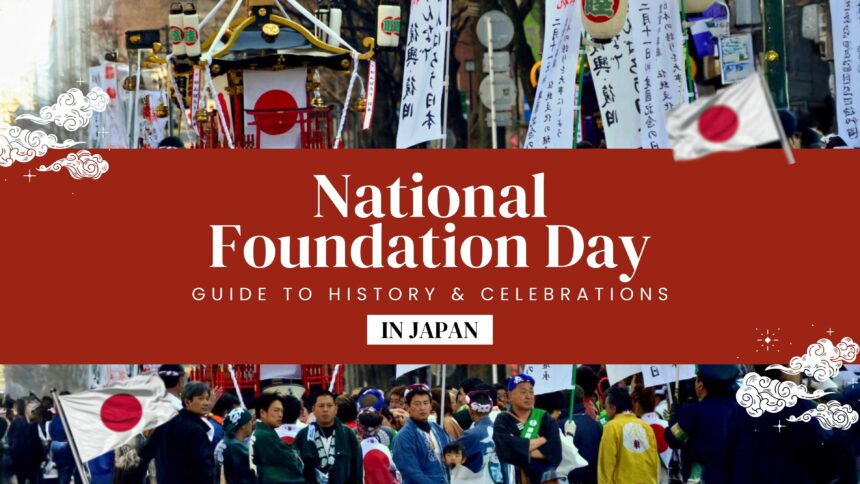It has now been slightly over a month (at time of writing) since Sanae Takaichi became the first woman Prime Minister of Japan. In the intervening time, what have been her most significant decisions and actions as the head of Japan’s government? How do those changes affect those living in Japan — especially foreign residents? We’ll go through what could be considered to be the most significant announcements she has made that can affect expats living in Japan up to today.
Announcing Military Support for Taiwan
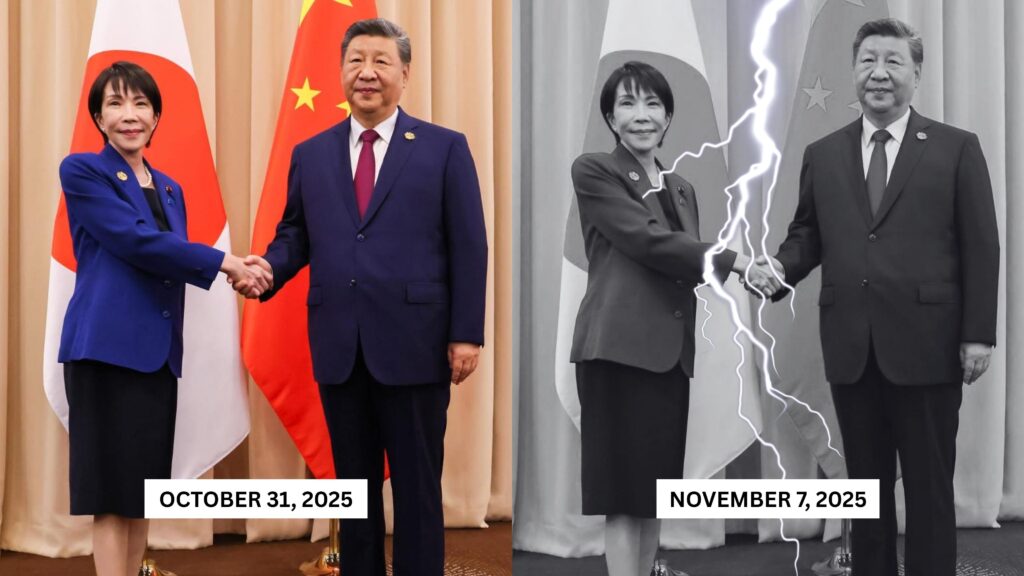
On 7 November, Takaichi made arguably one of the most significant and, to say the least, controversial policy announcements made by a Japanese leader since the end of the Second World War — and certainly the most significant when it comes to relations with China, Japan’s largest trading partner.
She announced to the Diet that it would be Japan’s policy to regard any military intervention against Taiwan to be a potential threat to the survival of Japan, and that this would necessitate the Self Defense Forces to be activated and respond to this threat. The announcement sparked an immediate backlash from China, including the Chinese consul general in Osaka responding online that “the dirty head that sticks itself in must be cut off.” Chinese tourists were also warned against traveling to Japan, and many planned trips were canceled.
Even those who support the idea in principle (given that a militarily active China invading a close ally of Japan, and one which lies very close to its borders) are dubious that such an announcement was wise.
Previously, Japan has relied on what is known as “strategic ambiguity,” as have many Taiwanese allies, including the US. This is to say that the exact response is not openly telegraphed, even if it might be expected. To give an example from everyday life: everyone thinks that their boss is an asshole, but you don’t say it to their face.
At time of writing, Japan and China relations remain cool, and China continues to insist that Japan retract its statement. This is unlikely to happen, for reasons which will be explored below.
Raising Visa Costs
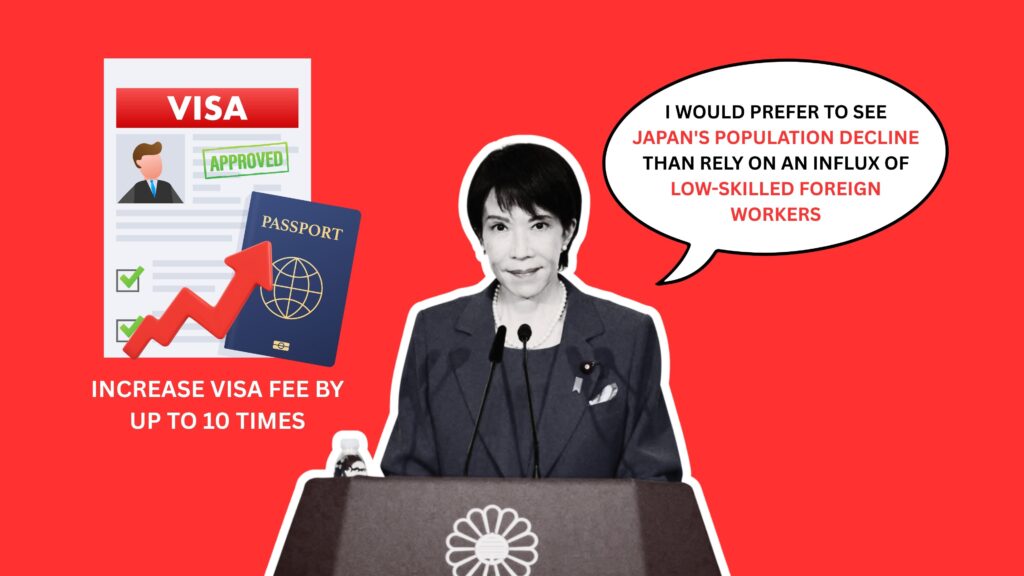
One of the most significant announcements that has been made is that the price for applying for and renewing visas will dramatically increase. In an announcement that is apparently meant to match the fees charged by similar nations (yet with no concurrent plans to raise the minimum wage to match Japan’s European counterparts), those who live in Japan but do not yet possess permanent residency will face higher prices to remain from 2027.
Application and renewal fees for working visas will rise from ¥6,000 today to between ¥30,000 and ¥40,000, while applications for permanent residency will increase from ¥10,000 to ¥100,000, a ten-fold increase. Given that visas are often renewed for only a period of one year, and that it can take a long time for permanent residency visas to be approved (and they only have a 50% approval rate), this could be interpreted a cynical and punitive measure against foreign residents to raise funds.
Start Your Own Japan Journey With Expert Guidance
Most people never make it to Japan because the start is confusing and tiring. Wrong visa route. Underestimated budget. Months lost to confusion.
Get personalized support for your new life in Japan.
Book Your FREE Consultation✓ 500+ Bookings ✓ English-speaking Relocation Support Experts
Crackdown on Visa Renewal Terms
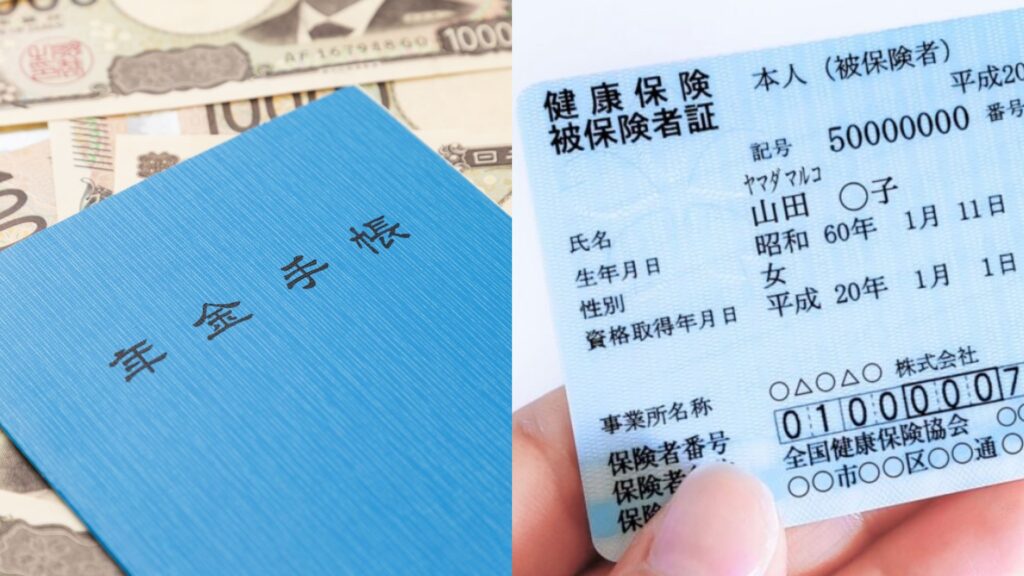
Along these lines, from 2027 the government will also be cracking down on those seeking to renew their visas who are not up to date with their pension and health insurance payments. Until now, it has sometimes been the case that expats have fallen behind in times of hardship or unemployment, but it is also true that some “black companies” (black kigyou/ブラック企業) have lied to starry-eyed arrivals and told them that they paid for pensions and healthcare when they didn’t.
As such, immigration has not always put lack of payment at the front of reasons not to renew or grant a visa (though lack of payment for pensions was always considered more forgiveable than for healthcare). However, it is the case that under 50% of pension obligations were up-to-date. Further, roughly 37% of health insurance payments that were due had gone unpaid.
During times when suspicion of foreigners is on the rise (especially as a rise in tourism means that foreign residents can sometimes catch strays from uncouth visitors seeking TikTok infamy) this sort of action goes a long way to appeasing those who would otherwise be tempted to vote for parties like Sanseito, as well as making sure that the state needs the funding required to help residents. While it might seem harsh, it is important to remember to pay your obligations to society.
Current Polling
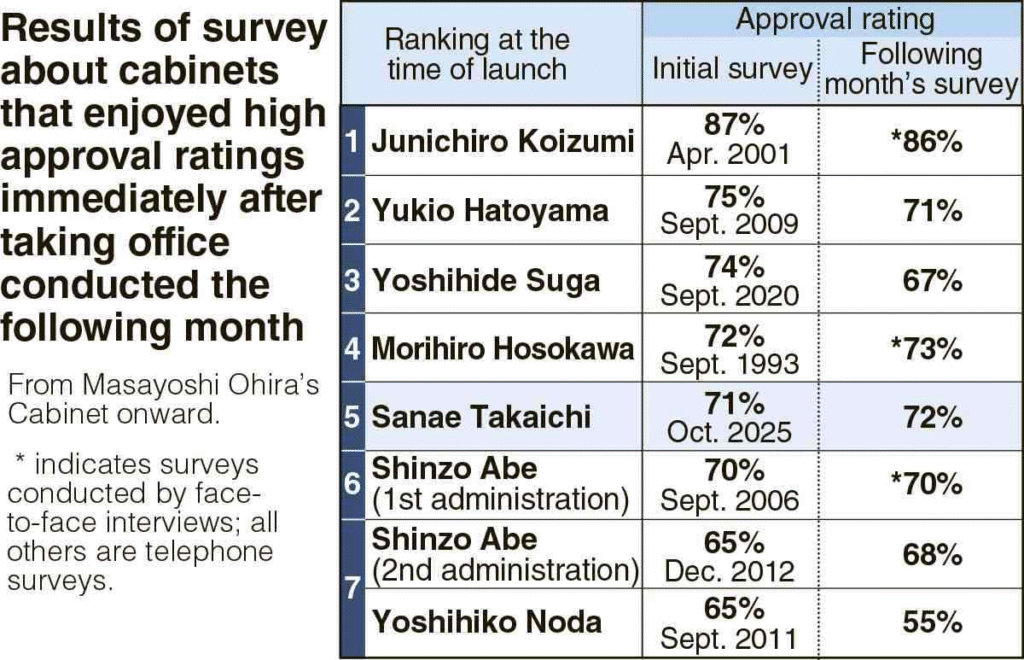
With the revolving door of Prime Ministers that Japan is known for, approval ratings often fall soon after coronation, though Takaichi can count herself as among the rare few who have managed to maintain their popularity, with 72% of polling respondents approving of her performance, roughly take same as when she took office.
Even one of the most divisive issues, Takaichi’s approach to China, saw her enjoy a majoirty of 56% approval, compared to 29% who disapprove. Indeed, despite the controversial action she took in enunciating her policy towards Taiwan, many in Japan stand behind the Prime Minister in the face of what could quite easily be considered ill-tempered and ill-considered responses from China.
As a first month, things have been somewhat turbulent, especially for those from abroad living in Japan who may now be freshly concerned about their futures in the country that they have called home. Between making life in Japan more expensive — prohibitively for some — and ruffling the feathers of the undisputed superpower of Asia, Takaichi has certainly made a splash for the people who live here. Let us hope that the ripples do not become a tsunami.


